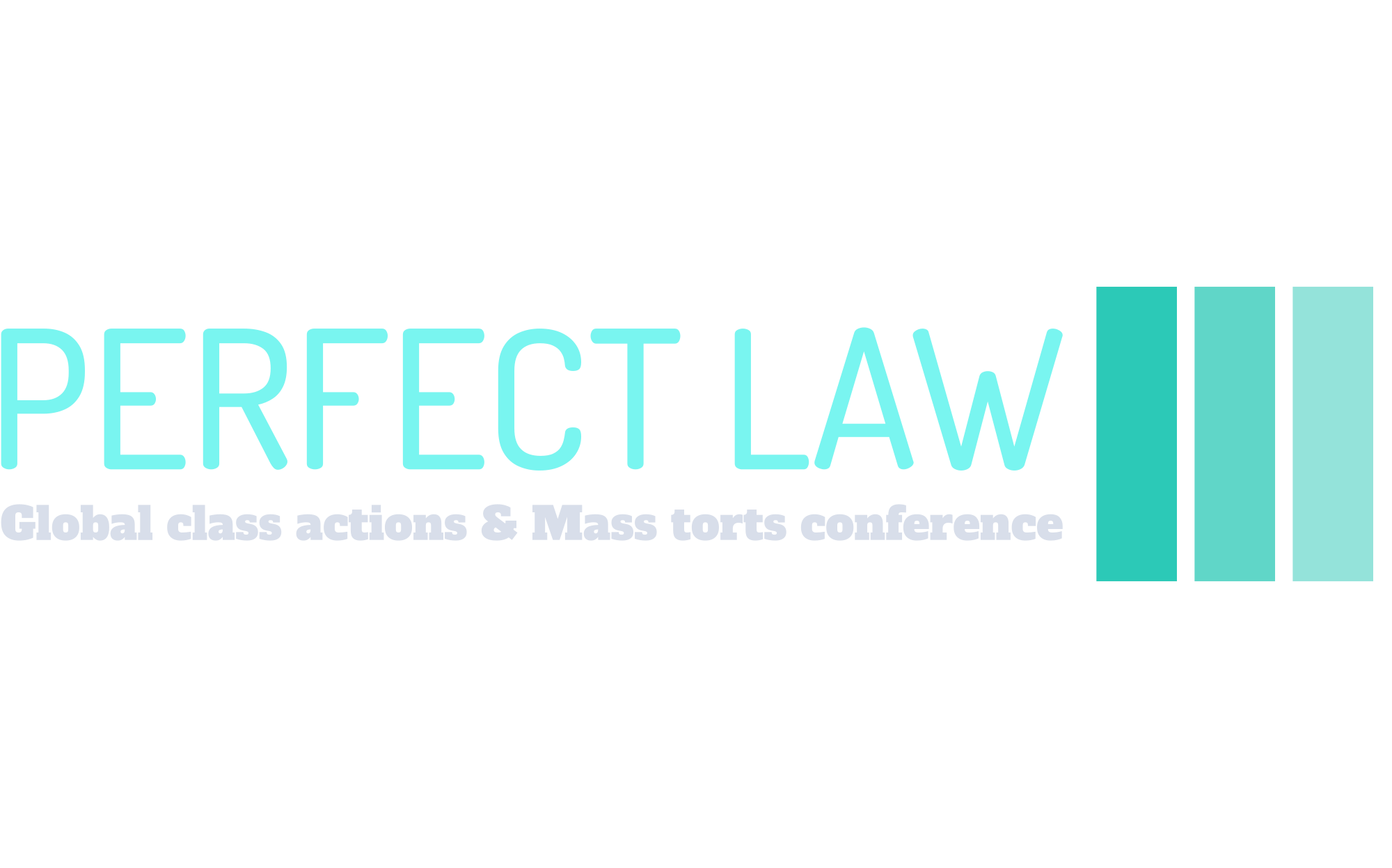The District Court of Oost-Brabant in the Netherlands (Court) has emphasized in its interim judgment of 14 September 2022 that the exception to allow an opt-out regime for foreign interested parties should be used sparingly.
The Dutch WAMCA offers in principle an opt-out mechanism, meaning that claimholders that fall within the class definition are automatically bound to the outcome of the case unless they request exclusion.[1] This principle applies only to persons with domicile or residence in the Netherlands. Persons from outside the Netherlands may join a collective action under the WAMCA, but they have to actively opt in.[2] At a party’s request, the court may extend the opt-out principle to foreign parties.[3]
The Dutch trade unions FNV and CNV (Unions) had submitted such a request to apply an opt-out regime instead of an opt-in regime for foreign interested parties in their claims against GXO Logistics Netherlands III B.V. (GXO). The Unions argued that they are not in possession of the addresses of the workers abroad. It is thus not possible for the Unions to reach out to those persons to inform them of the opt-in possibility. An extension of the opt-out approach would be beneficial in this case as it would allow those foreign parties to benefit from the outcome of the collective procedure.
The Court rejected the Unions’ request, highlighting that the legislator wanted to prevent the collective action from acquiring an unintentionally wide scope, which could stand in the way of its efficient and effective settlement. It did not consider it of overriding interest per se that as many interested parties as possible are bound. Instead, legislative history suggests that an extension of the opt-out principle may be appropriate where it is also in the interest of the party that has not requested this, for example, to achieve actual and overall finality,[4] which the Court in light of GXO’s opposition considered not to be the case here. To the contrary, using an opt-out regime for a group of persons of unknown size would mean, first, that the parties would not know who is bound by the procedure and its outcome, and, second, that an unknown number of persons would be bound without being aware of the existence of this collective action. The Court found this undesirable. In its view, other means, such as information posted in certain newspapers and on certain websites, could mitigate the problem that not all claimholders can be reached individually. All this led the Court to conclude that an extension of the opt-out principle was not appropriate.
The decision shows that, in Dutch WAMCA actions, an extension of the opt-out principle to foreign interested parties is in principle possible, but the Dutch courts are likely to take a cautious approach, especially when one party opposes this extension. Foreign parties will thus likely have to actively sign up to become part of the action, unless compelling reasons support an extension of the opt-out principle. This decision will need to be taken into account when preparing a cross-border WAMCA claim, in particular with a view to the likely class size and required bookbuilding efforts.
Anton Burri[5] and Adrianus van Heusden[6]
[1] Article 1018f(1) Dutch Code of Civil Procedure (DCCP).
[2] Article 1018f(5) DCCP.
[3] Article 1018f(5) DCCP.
[4] Dutch House of Representatives, 2017-2018, 34 608, no.7 (memorandum of amendment) under explanatory notes, section 3, amendment of Article II, sub E (pages 7/8).
[5] Faculty of Law, University of Lucerne, Switzerland.
[6] Rotterdam Institute of Law and Economics, Erasmus University Rotterdam, The Netherlands.
Foto Credits: Romlogistics






